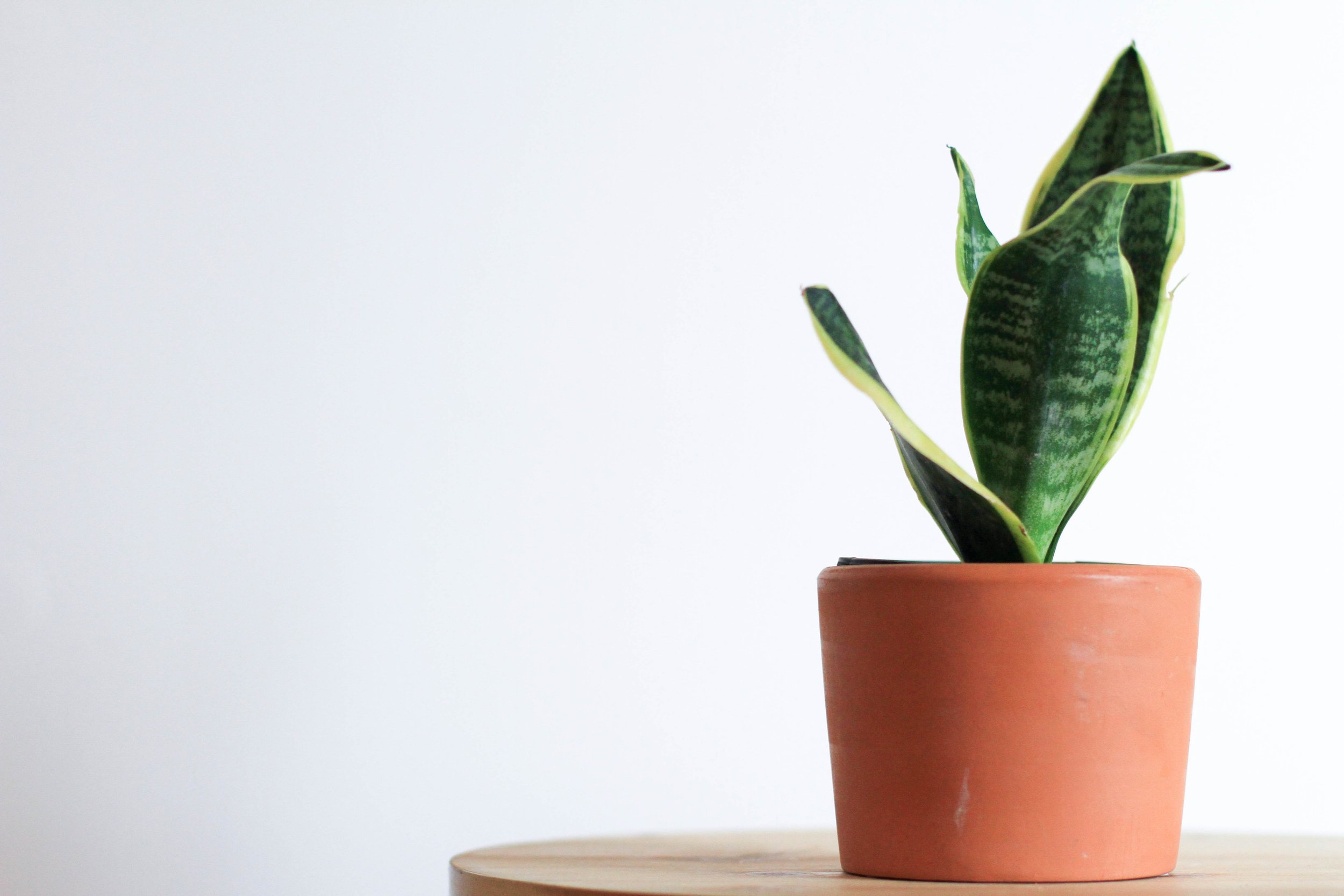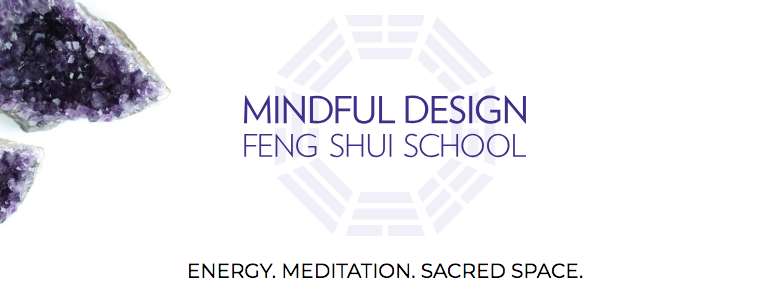Photo by Kara Eads on Unsplash
Are snake plants bad feng shui?
Snake plants are very popular houseplants that are quite beautiful and easy to care for. They have robust, pointed leaves that stand upright. In my view, they embody the metal element because they’re strong and rigid, like a metal sword.
I’m often asked whether snake plants are bad feng shui, and the short answer is that it depends. Generally, it’s recommended in feng shui to avoid plants that are particularly sharp or pointy. However, something that’s not typically considered a good feng shui plant can be used if you really consider your life and your needs, and if you can find an appropriate time and place for it. This is where you can bring some skillfulness into your feng shui, rather than following general rules about what is good or bad.
Snake plants may be supportive in certain situations and in certain areas of your home, and not so much in others. To find out whether a snake plant in your home is supporting you, the first thing you’ll want to do is draw up your floor plan. Then, you can overlay the bagua, which is a mandala we use in feng shui that has different areas representing different areas of your life. Once you’ve laid the bagua on your home, notice where your snake plant is located, and consider what that could mean.
For example, a snake plant may not be the best plant to put in the relationships area, called Kun in Chinese. This could mean that you’re being defensive and protecting your heart more than you need to, or that you’re being sharp-tongued in your relationship.
However, snake plants can be very beneficial in certain areas of the bagua if you need more fierceness and strength in that part of your life. I have a snake plant in my fame area, called Li, and it’s been very helpful for me. Since I have a public face, I also need to protect myself a little bit. I actually placed this snake plant in my fame area when I needed to cultivate more strength and the ability to have a sharp tongue when necessary.
It also depends on your energy and situation. If you’re already pretty assertive and sharp-tongued, you may not need a snake plant. If you need more strength and protection, though, it can be beneficial. Also, your needs can change over time. After you’ve had a snake plant for a while, you may decide that you’ve received the lessons you needed, and it may no longer be serving you in the same way.
Another great place for a snake plant is on your desk, which represents your career. I find that a lot of people need some protection there, especially if they work with some difficult people, or if they need to stand up for themselves more at work.
Snake plants are also great additions to your home’s entry when you want to feel more protected. However, if you really want to open yourself up to invite in new opportunities, I wouldn’t recommend this placement. In that case, you may want to choose a plant that’s more typically recommended in feng shui, like a monstera or pothos.
I encourage you to have some curiosity about what you need, instead of making blanket statements about what is good or bad. There is a lot of polarity and duality in the world, but feng shui teaches us through the principles of yin and yang that things are “yes and,” rather than “either or.”
Do you have a snake plant in your home? Where is it located in the feng shui bagua? Do you feel like it has protected you in some way?
If you’d like to learn more about feng shui, check out Mindful Design Feng Shui School at: www.mindfuldesignschool.com





